Libya
Four migrants seeking to reach Europe illegally have been confirmed dead and three declared missing after their boat sank off the coast of Libya.
In a statement on Tuesday, the Libyan navy said it had rescued 13 migrants off the coast of Mellitah (west) the previous day and discovered the bodies of four others who had drowned.
According to the navy, twelve of the migrants rescued are Syrians and the thirteenth Egyptian. The nationalities of the dead - three men and one woman - and the missing are not known.
Three others are missing - and presumed dead -, the source said.
"The rescued migrants were brought back to Mellitah and handed over to the competent authorities. The body responsible for combating illegal immigration (...) will follow up the procedures for their repatriation to their countries," it said.
The chaos that followed the fall of Muammar Gaddafi's regime in 2011 has made Libya a preferred route for tens of thousands of migrants from sub-Saharan Africa, Arab countries and South Asia, seeking to reach Europe via the Italian coast, some 300 km from the Libyan coast.
Several thousand of them are stranded in Libya, a North African country, often in deplorable conditions.
Would-be migrants fall prey to traffickers or even die attempting the perilous Mediterranean crossing, and Libya is regularly criticised by NGOs for its mistreatment of migrants.
Since the beginning of the year, 6,340 migrants have been intercepted and returned to Libya, according to a report by the International Organisation for Migration (IOM) published on Monday.
At least 129 people have died attempting the crossing and 459 are missing and presumed dead, according to the IOM.



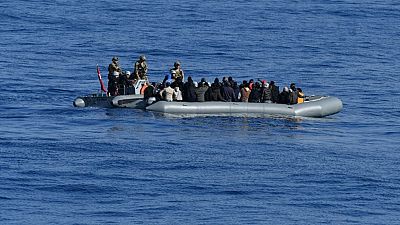

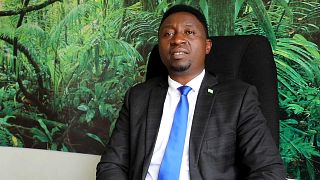
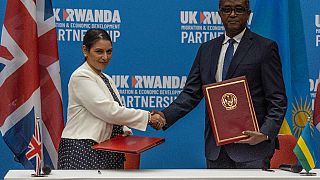
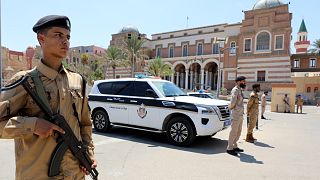

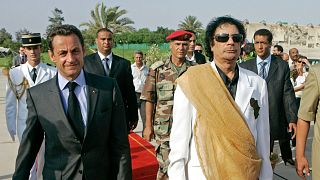


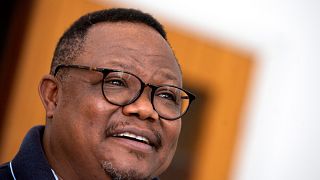
00:53
Algeria expels over 1,800 migrants to Niger in mass deportation
01:16
Africa mourns Pope Francis, a voice for peace and justice
01:14
ECOWAS Meets in Ghana to Tackle Member Withdrawals
02:35
Sudanese Refugee Children Find Hope in Libyan School
01:16
Trump sparks backlash after remarking about Congo
Go to video
EU foreign ministers discuss Ukraine, Syria and EU-African relations in Luxembourg.